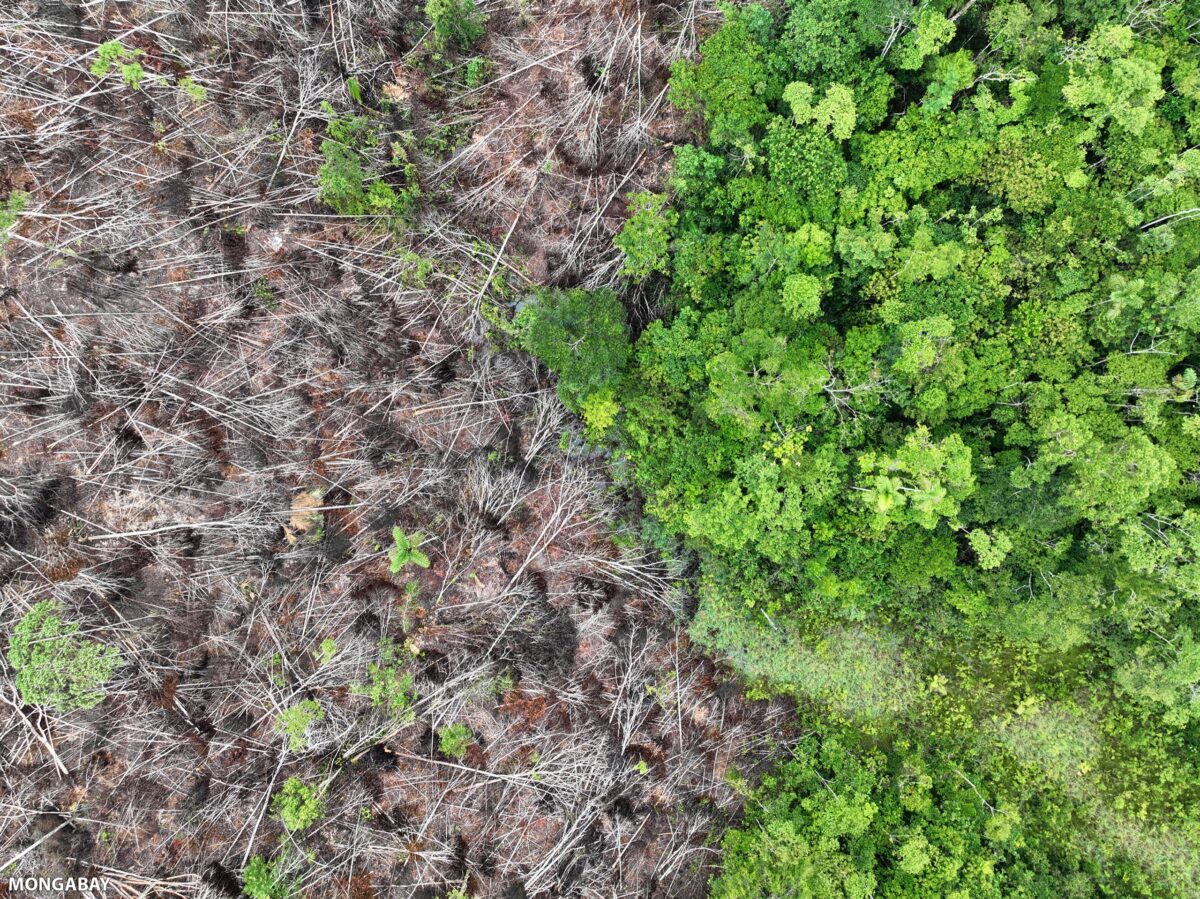What prevents deforestation?

A new study has flipped the deforestation debate on its head. Rather than asking what drives tropical forest loss, researchers asked what prevents it—and found that political will, born of public pressure and civil society activism, is among the most important factors, reports John Cannon.
Published in Conservation Letters on July 22, the study drew on the insights of 36 experts involved in forest protection in Brazil and Indonesia. These two countries, home to some of the largest remaining tropical forests, have made notable progress in curbing deforestation despite the pressures of agricultural expansion.
Between 2004 and 2012, Brazil slashed deforestation rates through a combination of satellite monitoring and legal tools such as its Forest Code. Indonesia, too, saw steep declines in forest loss following a surge in palm oil-driven deforestation. While prior studies have focused on the impact of specific policies, the new research, led by scientists at the University of Cambridge and IDH, a Netherlands-based NGO, sought to capture the broader ecosystem of drivers through a Delphi process—a method of iterative expert consultation.
“There are many complex drivers. There are many different actors,” said co-lead author Joss Lyons-White. “We wanted to understand, what is the whole range of factors that have contributed to protecting forests?”
The results showed surprising consensus.
“I was shocked to see such strong agreement on the importance of political will,” said co-author Rachael Garrett.
That consensus stretched across participants with backgrounds in ecology, development, and remote sensing. For Brazil, the state’s role in demarcating Indigenous lands and enforcing environmental laws was seen as especially critical. In Indonesia, corporate responsibility and advocacy by civil society were also cited.
“It really is hard to nail down what causes declines in deforestation,” noted Daniel Nepstad, founder of the Earth Innovation Institute. “Expert opinion is a real clever way to go about it.”
Political will, the study found, rarely emerges overnight.
“People were saying there wasn’t political will in the beginning,” Garrett said. Instead, it was built over years, spurred by domestic activism and international climate debates.
“When societies want to protect the environment, they can,” said Lyons-White. “They just have to want to do it.”
🔬 Joss Lyons-White et al (2025). Political Will Has Been Critical for Protecting Forests in the Brazilian Amazon and Indonesia. Conservation Letters. https://doi.org/10.1111/conl.13120